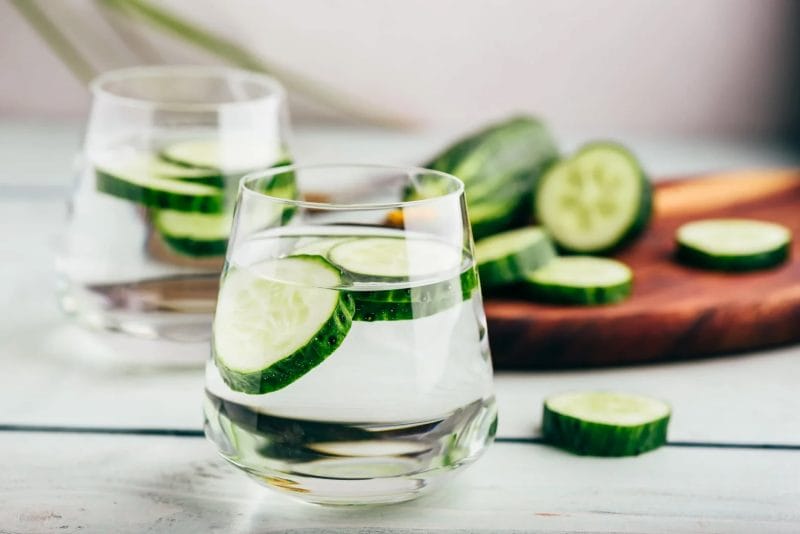
Cucumbers are often celebrated for their refreshing crunch and hydrating properties, but are they also a diuretic? Let’s dive into the science to explore whether cucumbers can indeed promote diuresis.
Diuretics are substances that promote the production of urine, thus aiding in the removal of excess water and salt from the body. They are commonly used to treat conditions such as high blood pressure, edema, and certain kidney disorders.
Cucumbers are mainly composed of water, with about 95% of their weight being water. Additionally, they contain various vitamins, minerals, and antioxidants, including vitamin K, vitamin C, potassium, and manganese.
While cucumbers are high in water content, there is limited scientific evidence to suggest that they possess significant diuretic properties. However, anecdotal reports and traditional medicine practices have often touted cucumbers as having mild diuretic effects.
Although cucumbers may not act as potent diuretics, their high water content makes them an excellent choice for hydration. Consuming cucumbers can help replenish fluids and maintain electrolyte balance, particularly during hot weather or after physical activity.
While cucumbers may not directly influence diuresis, they offer a range of other health benefits. These include:
While cucumbers may not be classified as potent diuretics, their hydrating properties and nutrient content make them a valuable addition to a healthy diet. Whether enjoyed fresh in salads, sliced as a snack, or incorporated into refreshing beverages, cucumbers offer numerous health benefits and contribute to overall well-being.
So, the next time you reach for a crisp cucumber, savor it not just for its taste and texture, but also for its role in keeping you hydrated and nourished.
Remember, it’s essential to consult with a healthcare professional before making significant changes to your diet or incorporating new foods, especially if you have underlying health conditions or concerns.
Stay refreshed, stay healthy!
$35.99
$35.99
$35.99
$35.99
$35.99
$35.99
$67.99
$89.99 Original price was: $89.99.$84.99Current price is: $84.99.

CIGTRUS offers nicotine-free,
refreshing-flavored smokeless inhalers to facilitate quitting smoking.
Subscribe to our Newsletter to get the latest news and insights
By subscribing, you accept the Privacy Policy.